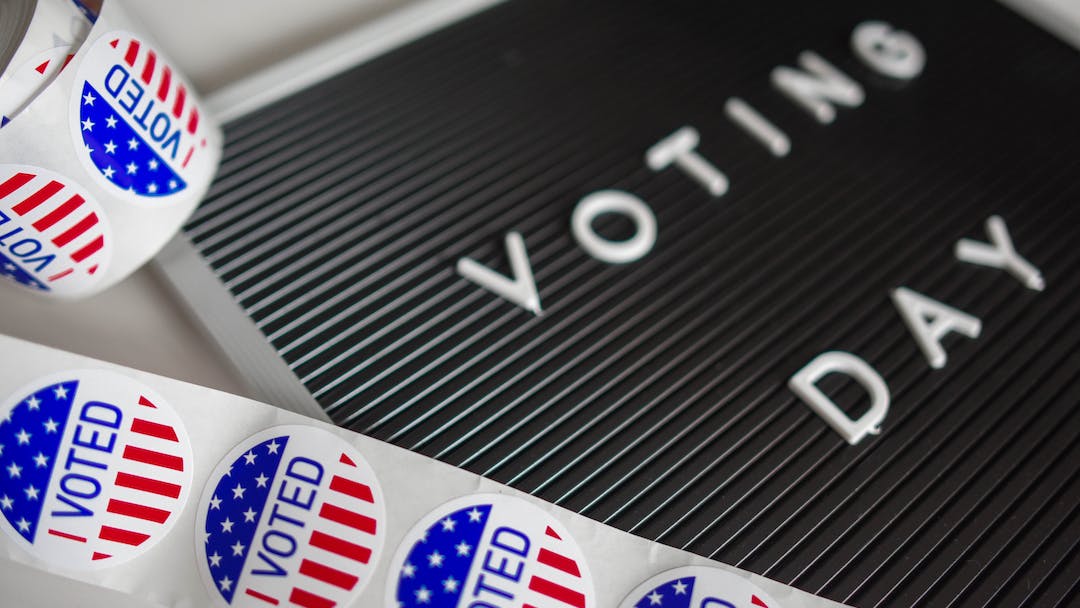Recreational marijuana has been legalized in Ohio as voters overwhelmingly approved State Issue 2 on Tuesday. This groundbreaking decision now enables adults in Ohio to legally experience the advantages of marijuana for recreational purposes.
“Marijuana is no longer a controversial issue,” said Tom Haren, spokesman for the Coalition to Regulate Marijuana Like Alcohol, which gathered petitions to put the issue on the ballot.“
Ohioans demonstrated this by passing State Issue 2 in a landslide. Ohioans are being extremely clear on the future they want for our state: adult-use marijuana legal and regulated.”
Issue 2 permits adults 21 and over to legally use and grow marijuana, starting on Dec. 7, according to Haren.
With all precincts counted, the final, unofficial results from the Ohio Secretary of State indicate that the vote was 56.97% in favor of the measure and 43.03% against it.
The new law expands legal use beyond the medical marijuana law approved by the Ohio Legislature in 2016.
Opponents of Issue 2 included public health and mental health advocates, law enforcement, business groups, and stakeholders who expressed concerns about the potential health risks associated with marijuana.
They argued that legalizing this drug could result in marijuana companies becoming unjustly enriched, while also exposing children to potential risks. Additionally, opponents highlighted concerns that legalization may heighten the likelihood of crime, workplace injuries, and dangerous driving conditions.
Issue 2 will:
- Allow adults age 21 or older to buy marijuana from licensed dispensaries.
- Allow people to cultivate six marijuana plants at a time, with a limit of 12 per household, without a license. It would be illegal to sell home grown marijuana.
- Expand Ohio’s medical marijuana system, offering licensed cultivators and dispensaries the chance to sell recreational marijuana, and also offering licenses to new applicants, including through a social equity and jobs program.
- Prohibit advertising to minors and mandate setbacks to keep recreational dispensaries away from schools.
- Tax each purchase at 10%. That money would be split 3% to cover regulatory efforts; 25% toward a substance abuse and addiction services fund; 36% toward a fund to create loans, grants and technical assistance to minority or disadvantaged business owners in the industry; and 36% toward revenue for local governments where recreational businesses exist.
More Posts
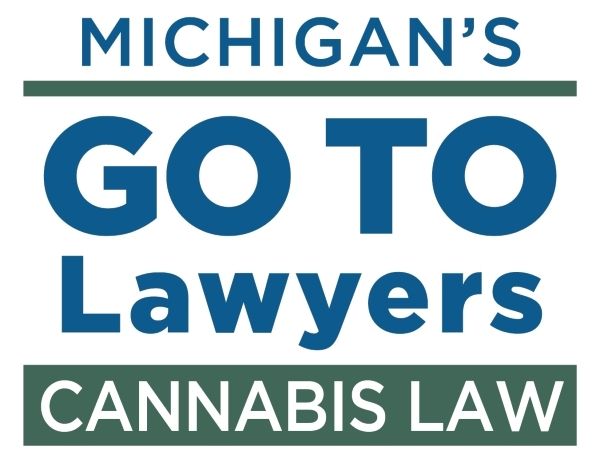
MI Lawyer Weekly – Michigan’s Go To Lawyers for Cannabis Law
Please join us in congratulating our inaugural Michigan’s Go To Lawyer for cannabis law. Michael Komorn, Komorn Law, Farmington HillsMichigan Lawyers Weekly is pleased to announce the inaugural “Go To Lawyers” for cannabis law. Now in its fifth year, the “Go To...

I got a DUI while driving my dad’s boat – Will they take it?
I was out driving my dad's boat on the lake and I got caught drinking. Can they take the boat away from my dad who was not with me?Happy Father's Day - DadNo, in most cases, they likely won't take your dad's boat away for you getting a DUI while driving it. They Could...

Boating in Michigan on Alcohol and Drugs – It’s Illegal
If it's got a motor, it's a BUIWe got lakes, we got boats, we got alcohol, we got cannabis all the fun you can possibly find on a holiday weekend in the summer. Just don't combine them all or you'll be calling us or your cousin Vinny. Operating a Boat Under the...

Alcohol, Drugs, Kayaking – It could be a problem
Can I drink alcohol and smoke cannabis if I'm canoeing or kayaking or tubing or paddleboarding or just floating around?While Michigan law doesn't explicitly forbid consuming alcohol on non-motorized vessels like canoes or kayaks, it's strongly discouraged for safety...

Redefining Impairment: Beyond THC Levels in Roadside Testing
Redefining Impairment: Beyond THC Levels in Roadside Testing In recent developments that promise to reshape our understanding of cannabis use and road safety, a federal government report has cast significant doubt on the efficacy of using THC levels as a benchmark for...
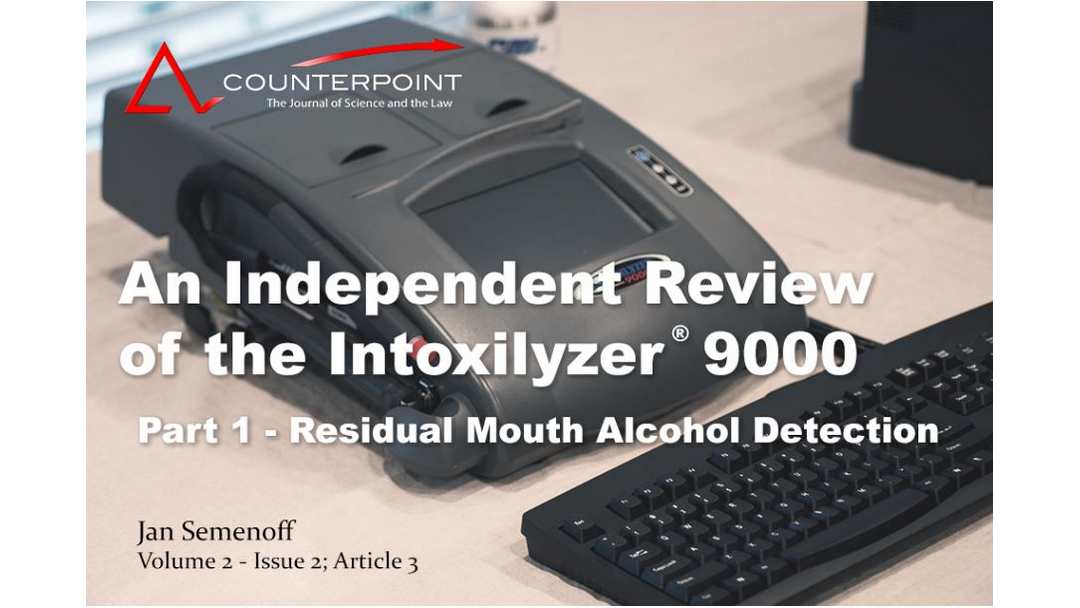
An Independent Review of the Intoxilyzer 9000
An Independent Review of the Intoxilyzer 9000 Part 1 - Residual mouth alcohol detection Counterpoint Volume 2; Issue 2 - Article 3 (August 2017) An article in the Core Skills III-2 Module Jan Semenoff, BA, EMAForensic CriminalistThe opportunity to conduct an...
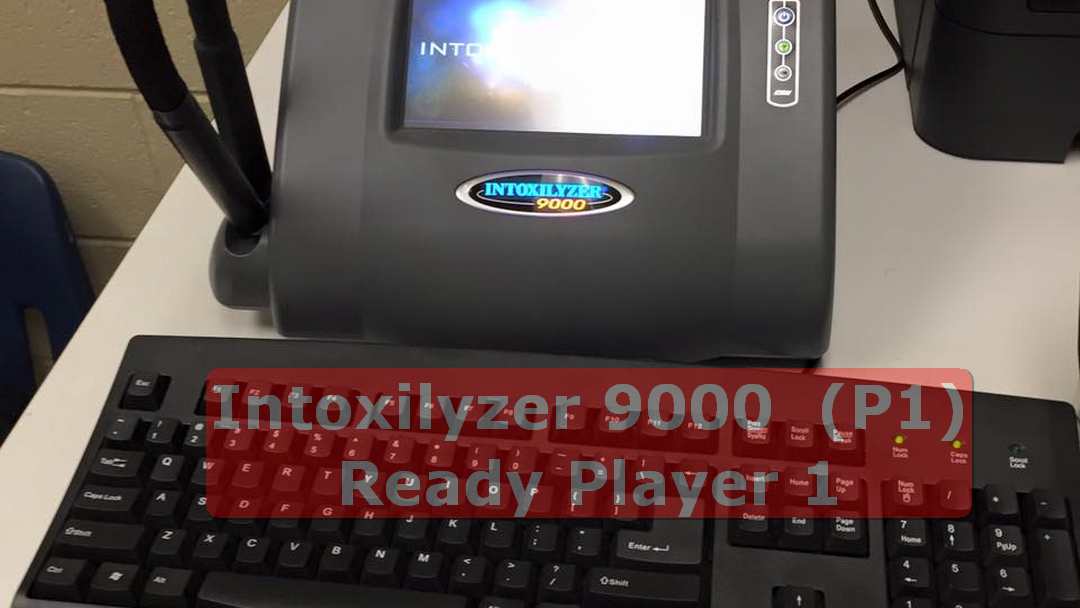
The Intoxilyzer 9000 (part 1)
The Intoxilyzer 9000 (part 1 of 2)Roll-Out The Michigan State Police (MSP) initiated Intoxilyzer 9000 (Intoxilyzer) training for police officers statewide, commencing in 2023. In order to participate, officers were required to complete both preliminary breath test...
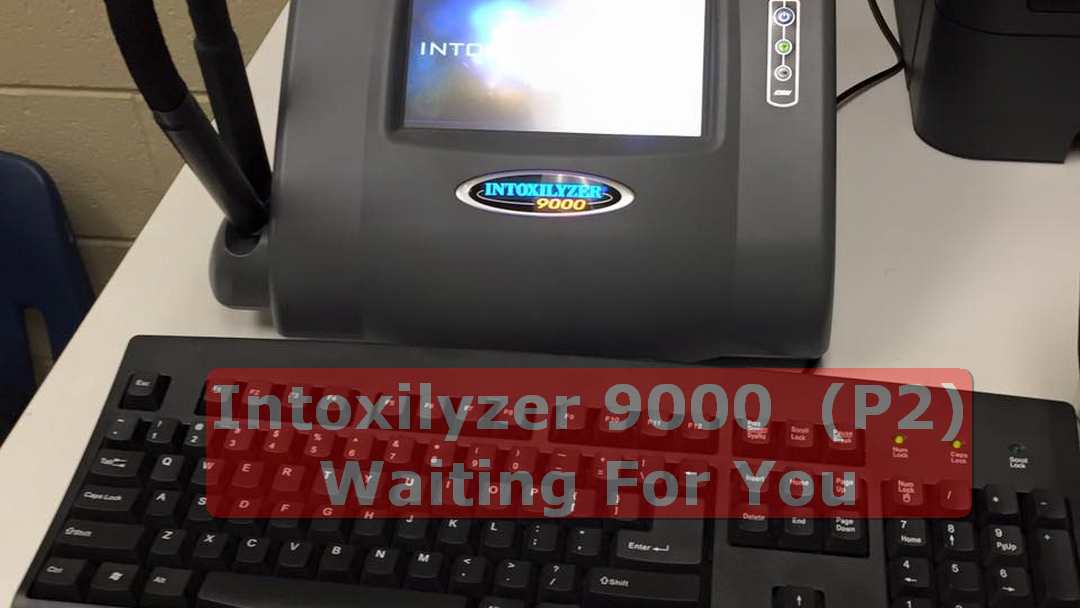
The Intoxilyzer 9000 (part 2)
The Intoxilyzer 9000 (part 2 of 2)Using it The Intoxilyzer is user-friendly and equipped with a built-in feature to alert officers of any potential issues. As a precautionary measure, officers are specifically advised to switch off their portable radios prior to...
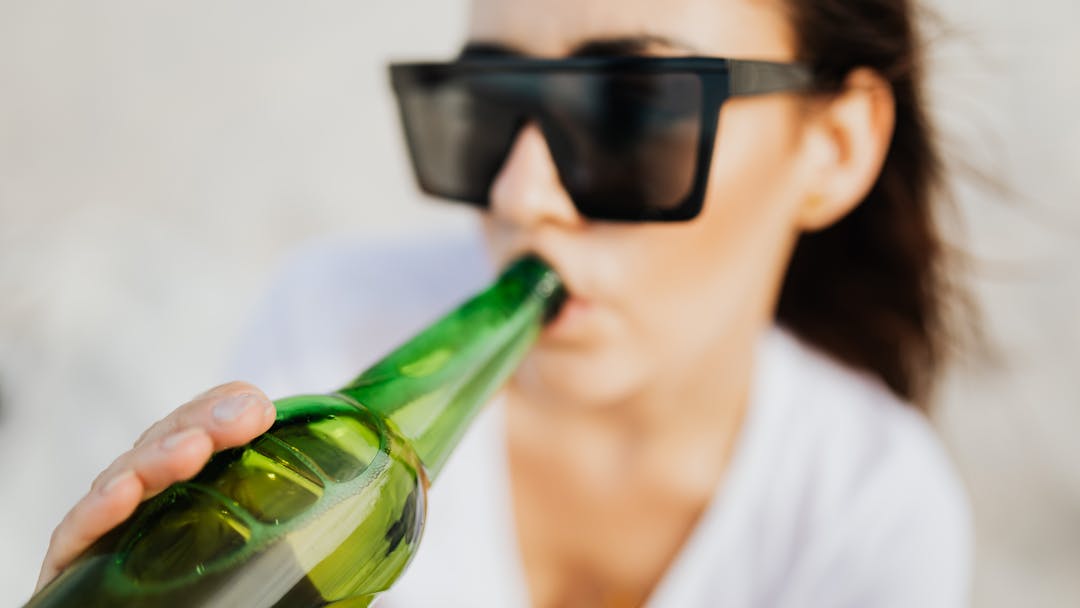
How DUI Charges Impact Your Child’s Future
In Michigan driving is considered a privilege. with this privilege comes immense responsibility, especially when it comes to driving under the influence (DUI) as well as other responsibilities. The consequences of youth DUI extend far beyond the immediate legal...

FAQs About Restoring Your Drivers License in Michigan
Frequently Asked Questions about Restoring Your Driver's License in MichiganHere's what you need to knowWhat are the steps to restore my driver's license in Michigan? The steps to restore your driver's license in Michigan vary depending on the reason your license was...

